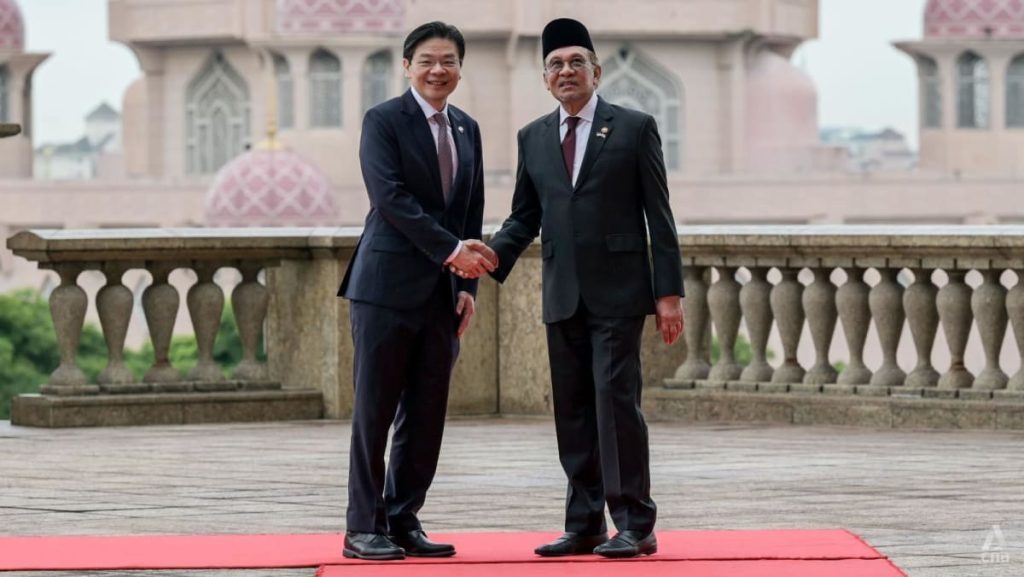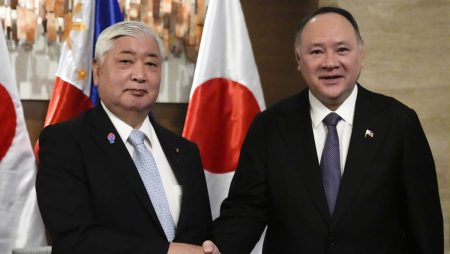The complex relationship between Singapore and Malaysia encompasses several intertwined issues, including maritime delimitation, airspace management, and water agreements. These matters, while geographically distinct, often influence each other and require delicate diplomatic navigation. The core of each dispute revolves around sovereignty, economic interests, and the historical context of the two nations’ intertwined development.
The maritime delimitation issue stems from overlapping port claims, particularly around the Johor Bahru Port and Singapore’s Tuas port. In 2018, Malaysia unilaterally extended its port limits, leading to incursions by Malaysian vessels into waters claimed by Singapore. Singapore responded with its own port limit extension. This escalating tension prompted both countries to agree in 2019 to suspend commercial activities and government vessel anchoring in the disputed area, reverting to previous boundaries. A committee was established to delve into the legal and operational intricacies of the dispute, aiming to provide a foundation for future negotiations. The dispute highlights the challenges of balancing economic development with territorial claims in a busy maritime region.
The airspace management question adds another layer of complexity. Malaysia delegated control of its southern Johor airspace to Singapore 45 years ago, a pragmatic arrangement that served both countries’ interests at the time. However, in 2018, Malaysia expressed its desire to reclaim control, objecting to new flight procedures proposed for Singapore’s Seletar Airport. While Singapore acknowledges Malaysia’s sovereignty, it also emphasizes the importance of cross-border cooperation for efficient air traffic management. The discussions in 2023 between the leaders of both countries signaled a willingness to review the current arrangement, aiming to find a solution that respects Malaysia’s sovereign rights while ensuring the smooth operation of Singapore’s Changi Airport, a major international aviation hub. The focus on connectivity with Malaysian states of Sabah and Sarawak further underscores the intricate interplay of national interests and regional considerations.
The long-standing water agreement, centered on the Johor River, forms a third pillar of the Singapore-Malaysia relationship. The 1962 agreement allows Singapore to draw a substantial amount of raw water from the Johor River at a fixed price, subsequently selling treated water back to Johor at a subsidized rate. This agreement has been a source of contention, particularly during periods of political tension. While Malaysia has historically raised concerns about the price of raw water, a recent statement by a Malaysian deputy minister indicated that renegotiation of the water rates is not currently on the agenda. This apparent pause suggests a temporary easing of tensions on the water issue, but the underlying sensitivities remain.
The interconnectedness of these issues becomes apparent when considering the broader context of the Singapore-Malaysia relationship. Both countries are vital economic partners, with deep historical and cultural ties. Managing these complex issues requires a delicate balance of asserting sovereign rights, promoting mutual economic benefit, and fostering diplomatic goodwill. The willingness of both sides to engage in dialogue and explore mutually acceptable solutions reflects a shared understanding of the importance of maintaining a stable and cooperative relationship.
The maritime, airspace, and water issues highlight the challenges inherent in managing shared resources and navigating overlapping interests in a rapidly developing region. The ongoing discussions and agreements between Singapore and Malaysia demonstrate the potential for resolving even complex disputes through diplomatic channels. The success of these efforts will depend on continued commitment to dialogue, a willingness to compromise, and a recognition of the long-term benefits of a strong bilateral relationship.
The path forward requires a nuanced approach that respects both national aspirations and the shared interests of the two countries. By focusing on collaboration and mutual respect, Singapore and Malaysia can build a stronger, more resilient relationship that benefits both nations and contributes to regional stability and prosperity. The successful resolution of these issues would not only strengthen bilateral ties but also serve as a model for managing complex inter-state relationships in other parts of the world.










